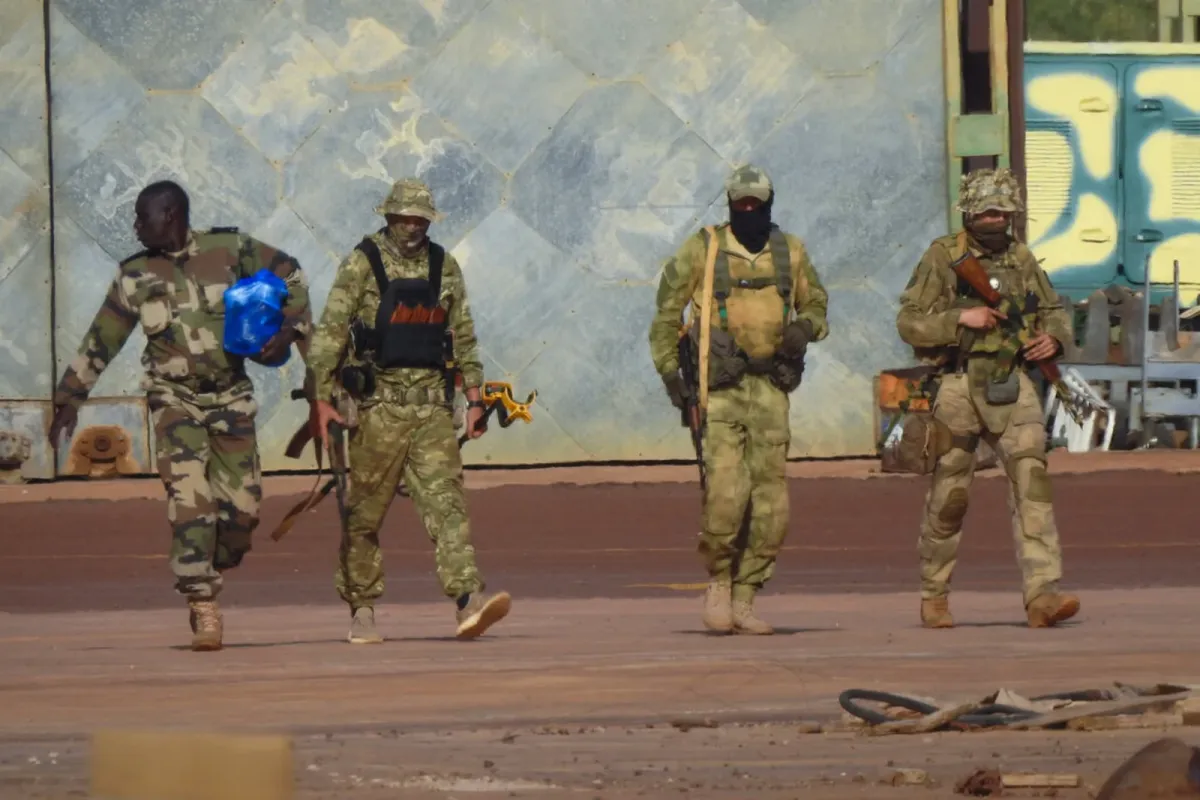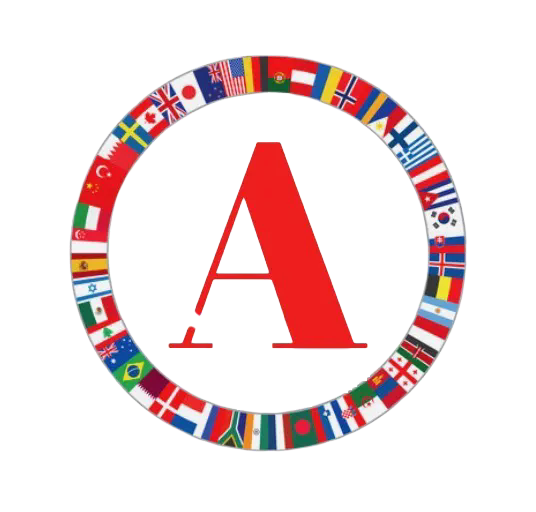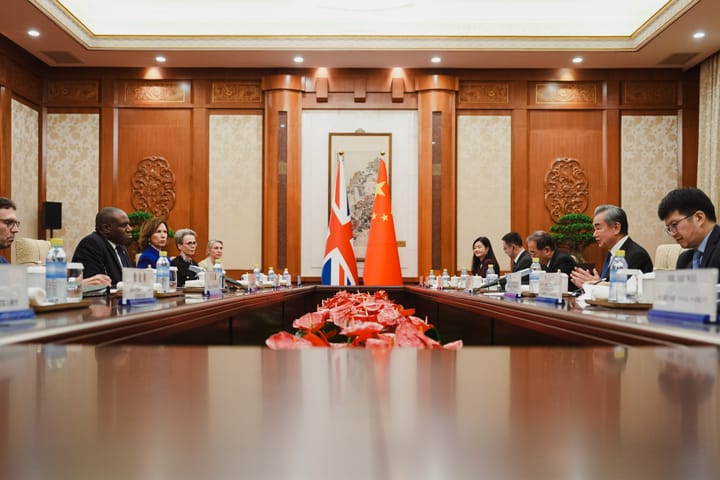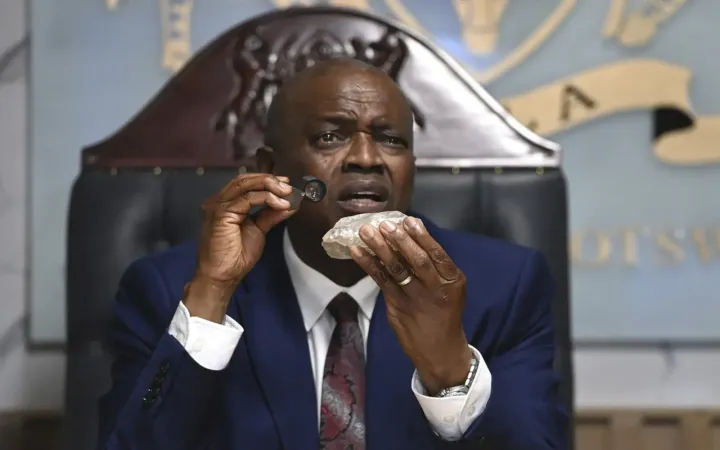Russia's African Reach

A shadowy force has been quietly reshaping the future of African democracies. Since 2017, the Wagner Group, a Russian private military company, has escalated its influence across the continent by embedding itself within local conflicts, economies and governments. With limited intervention from the United States, Russia’s hold on Africa is not only reshaping regional power dynamics but is also spreading anti-Western beliefs. To counter this, the U.S. must go beyond sanctions and actively promote democratic stability through economic aid systems and quickly offering support to African nations — specifically, post-coups — across the continent.
The Wagner Group, founded by Russian oligarch Yevgeny Prigozhin, is an intricate and complex network of mercenary groups and businesses. According to NPR, Prigozhin died under suspicious means in a plane crash following his mutiny in June 2023. No indication was given as to the cause of the crash, as the Kremlin denied having any involvement in his death, per an August 2023 article from The Guardian. According to a 2023 report by the Congressional Research Service, the Wagner Group operates as a proxy for the Kremlin — Russia’s government — bypassing international scrutiny to pursue Russia’s interests abroad while receiving special treatment from the government. This is why the Kremlin uses Wagner to boost its foreign policy interests in Africa — specifically to undermine U.S. power, increase Russian influence and exploit African nations both economically and militarily.
Currently, much of the economic gain Wagner appropriates from Africa is used to fund the war in Ukraine, according to a 2024 BBC article. Specifically, gold mining operations have earned the Kremlin more than $2.5 billion according to The Blood Gold Report.
As stated by the Congressional Research Service, through operations in Libya, Mali, the Central African Republic and Sudan, the Wagner Group offers critical services such as security, military training and mining management — deepening its ties across Africa. Most notably, Wagner provides African nations with trained soldiers who are ready to pursue relatively unchecked counterinsurgency operations. For example, in Libya, Wagner secured access to multiple significant oil fields to aid with energy output and Libyan smuggling operations in 2023. Through similar tactics, Wagner has managed to expand their African footprint to around 5,000 Russian soldiers, convicts and foreign nationals, according to a 2023 article from the Council on Foreign Relations.
Africa has also been subject to disinformation campaigns thanks to the Wagner Group. Since 2022, Russosphère, a Russian social media network known for defending Russia and the Wagner Group internationally, has swiftly gained traction across several African countries, according to a 2023 NPR article.
But Russosphère is only one example of the Kremlin’s abundant disinformation campaigns in Africa. As of March 2024, 189 disinformation campaigns were active in Africa, and the Wagner Group was responsible for nearly half, as stated by a 2024 report from Africa Center. A newer channel, the “African Initiative,” also focuses on spreading disinformation regarding the West, hosting offices in Burkina Faso and Mali. Though spearheaded by certain Russian officials, the organization enlists African journalists and bloggers to promote Russian ideas and detract from Western nations. Anti-colonialism ideas are one of the primary components of Russian disinformation campaigns. When successfully implemented, this concept, viewing any Western interference as a form of neo-colonialism detracts from the relationships between Africa and the West while encouraging the development of closer ties with Russia.
Furthermore, notably in the Central African Republic, the Wagner Group refers to Russian officials as “instructors” and has attempted to convince citizens that Wagner’s goal is to establish peace. However, the Wagner Group has committed countless human rights abuses in the country, completely decimating villages and using unparalleled violence against citizens, including mass executions, rapes and child abductions. Since 2019, Wagner forces have been allegedly torturing civilians, accounting for approximately 52% of all political violence targeting civilians in the CAR between 2020 and 2022. These acts provide individual mercenaries gain as well as secure the political control Wagner has over the CAR.
Additionally, according to the Human Rights Watch, the Wagner Group committed atrocities in Mali since December 2023, including executing dozens of innocent civilians during counterinsurgency operations drone strikes — caused by Mali’s longstanding conflict with Islamist armed groups. Furthermore, the Wagner Group wasn’t alone — they paired with Malian armed forces to commit these violations. This pairing makes it evident that Mali is being nudged toward a dictatorship, fueled by Russia’s support of authoritarian leaders in Africa, which should instill concern in Washington.
To attempt to mitigate Wagner’s control of Africa, the United States Departments of State and Treasury have designated the Wagner Group as a transnational criminal organization and levied sanctions under multiple executive orders. Despite these efforts, Wagner’s influence continued unchecked. According to a 2023 NPR article, over $2 billion laundered from Africa ventures into Russia, demonstrating how sanctions alone fail to restrict its reach or mitigate its destabilizing actions. The Department of the Treasury stated in a 2023 report that the Wagner Group has “meddled and destabilized countries in Africa, committing widespread human rights abuses and extorting natural resources from their people.” The Wagner Group’s influence may not appear to be a distinct negative for African nations on a surface level. According to a 2024 BBC article, Chad has taken advantage of the military support and other resources Wagner offers. However, despite the current positives that Chad might be experiencing, its growing proximity to Moscow is an alarming development for the United States as well as former ally, France.
What steps can Washington realistically take to counter the onslaught of anti-Western propaganda being spewed by the pro-Russian disinformation campaigns prevalent across the continent? For one, the United States should offer strong incentives to the African regimes currently working with the Wagner Group. While the United States has tried to curb Russian influence through intelligence-gathering and sanctions, these efforts have yielded limited success, and direct military confrontation with Wagner is neither feasible nor advisable. Instead, the U.S. must support African democracies through soft-power strategies, specifically economic investments and multilateral politics.
To encourage African leaders toward working with Western partners, the U.S. could provide targeted political and economic incentives. Politically, this should center around providing assistance to increase civilian participation in government. Economic aid could be prioritized to rebuild the democracy system in the aforementioned way, covering security assistance as well as developmental assistance. Historically, the U.S. has seen success through these investments, such as in Ghana, where the U.S. Agency for International Development began regularly funding $35 million a year since 1992 to support agricultural well-being, economic growth and education. Since 1992, when funding levels increased, Ghana has regularly been able to address corruption, poor governance and conflict, according to the USAID. By taking a non-violent but direct approach, as in Ghana, the United States can provide Wagner-controlled African nations with much needed stability — on an economic level as well as a diplomatic level — while providing a suitable alternative to Russian influence.
Without decisive action from Washington, Russia’s grasp on Africa will only deepen, jeopardizing U.S. alliances and granting the Kremlin unchecked control over critical African resources. For the sake of African stability and American strategic interests, the U.S. must pivot to policies that support democratic resilience and offer African countries a viable, sustainable alternative to Russian influence.



